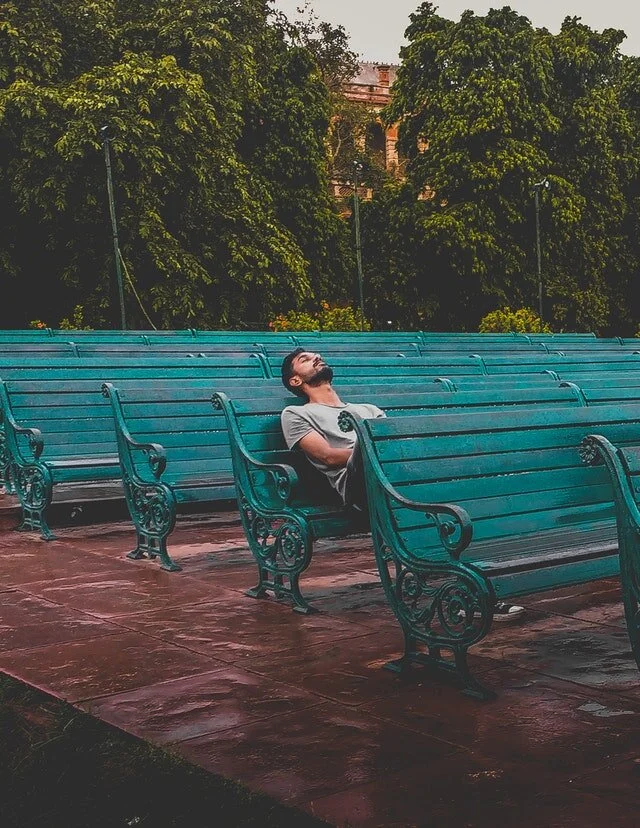How to Be Bored During COVID
I’m not especially great at being bored, but have learned quite a bit about how to deal with boredom through COVID-19 and shutdown.
I have learned several ways to approach boredom, besides the obvious “find-something-to-do-about it” solution. As far as finding things to do, I do think that that has been quite beneficial, however, in terms of beating boredom during the pandemic.
I have been able to get quite a bit done around the house, including deep cleaning and organizing, home decorating, getting rid of things a la Marie Kondo, and generally funneling my energy and attention into better domestic living. I have been purchasing more plants, and generally making our home an even better place to be while we wait the time away at home.
Sometimes, boredom allows me to do things to alleviate it, and sometimes, it just gets me stuck and unmotivated to do anything to alleviate it. On good boredom days, I can get things done, as noted above, or engage in a way to stimulate my senses, including my desire to learn and engage intellectually, by doing online learning courses, contacting a friend, or flipping through interesting books or finding new music. It’s equally hard to deal with boredom during COVID when you live in Phoenix, Arizona, during the perpetually torrid days of August.
I’ve also been able to meditate much more, and sit with the boredom as it is. In meditation, it’s watching the boredom and all the expressions of it, from the mental to the emotional.
In meditation, I can watch the boredom, and deepen into it, discovering the emotions underneath it like irritation, frustration, loss or stuckness, and general, which are fluid and can move when approached and contacting in meditation. When emotions can unstick themselves, you can fully be in the experience of them, which allows them to process themselves and allows the boredom to get broken up.
I find just saying to someone that I feel bored also breaks up the boredom. It allows me to make contact with the experience, and share it with someone else, which allows it to pass.
I also try to unearth the feelings underneath it, which may help me to better understand boredom. Sometimes, there’s irritation, frustration, desire or a host of other experiences that need a name and attention. If I can know those, often times I can try to meet the needs of those experiences, and gives me a clearer understanding of what’s going on with me.
Boredom doesn’t always need alleviation. It’s still an experience that we have, good or bad, that doesn’t always need a fix or a solution. We’ve become a culture that eschews boredom at all costs, opting for instant gratification and stimulation on our phones, erasing the very possibility of boredom peeking out at all.
COVID has definitely been an exercise is boredom avoidance, management, and possible acceptance. It’s not been easy, and I do feel for parents who are also having to alleviate with their kids at home, who may need constant stimulation.
Here’s to making (somewhat) friends with your boredom, at least for the time being.
- Jason
To find out more about our services, click here: depression counseling.



